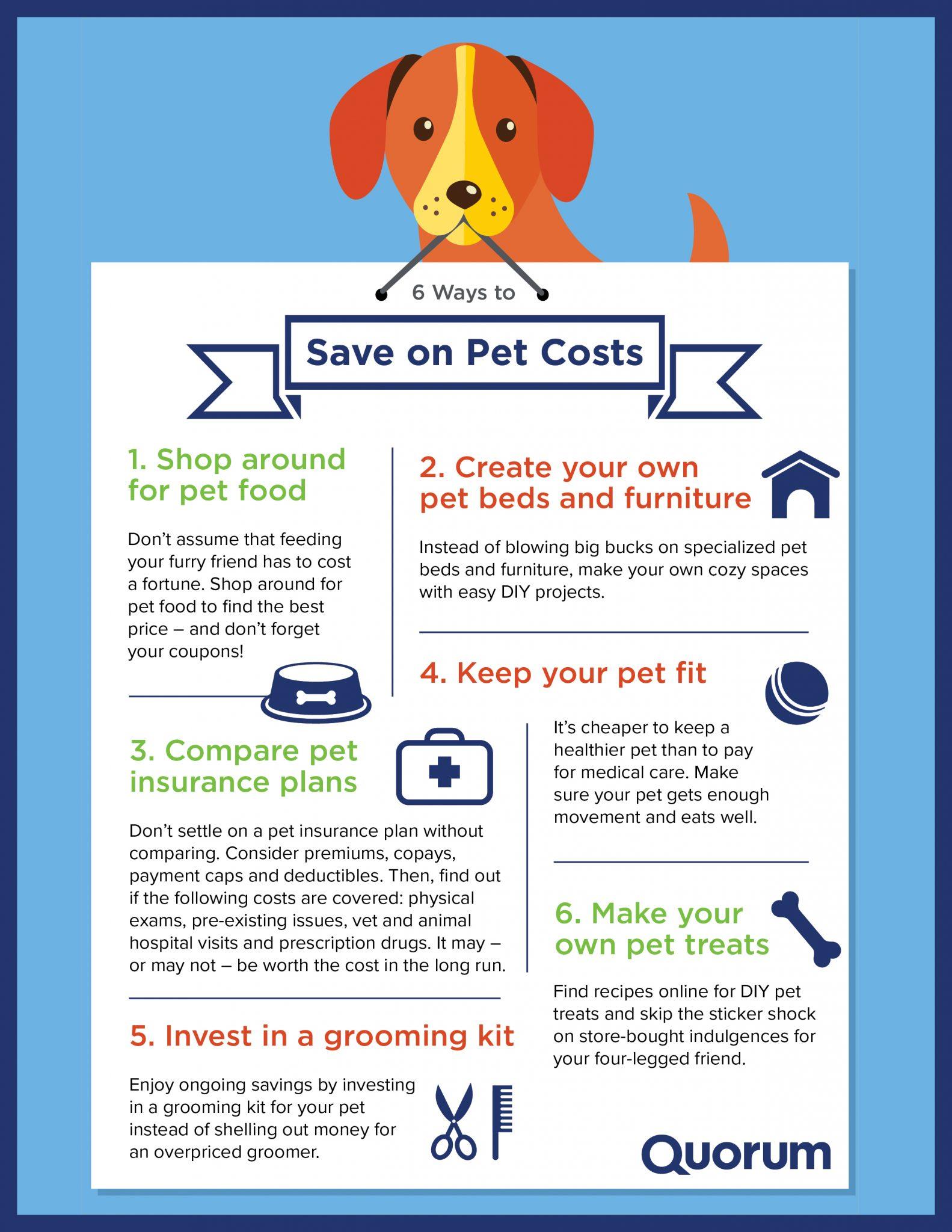Do you feel a pang of puppy envy when friends tell you about their newly adopted chocolate lab or golden retriever? Or do you check on your next-door neighbor just to play with her cuddly cockapoo? These may be signs that your desire for a pet has reached a fever pitch, and you’re not alone. The ASPCA estimates that as many as 23 million American households got a dog or cat during the COVID-19 crisis.
Just keep in mind that being a doggie parent is a big money commitment. It’s only fair to your potential new best friend to make sure your budget has adequate room for a pet before bringing one home.
Welcome Home
Even if you adopt a dog from your local Humane Society or shelter, the ASPCA says the initial cost of dog ownership can still exceed $1,000, which includes these possible expenses:
- $300 to spay or neuter the dog, although it’s free or only a minimal fee in some shelters
- $300 for initial shots/vaccines, medicines. licensing, microchip
- $60 for bed, collar and leash, feeding bowl and some toys
- $20 to microchip your dog so you can track it if it gets lost
- $110 for a carrier and crate
- $300 for initial training classes or supplies
- $40 for grooming tools
Beyond these basic expenses, there are a few others to consider. First, if you go through a breeder, it can cost you several hundred dollars or more just to buy the dog, depending on your preferred breed.
Second, there are pet-related costs associated with where you live. Apartments.com says that dog-owning tenants often have to pay a refundable pet deposit or non-refundable pet fee between $200 and $600, whereas other landlords charge pet rent between $10 and $50 per month. If you own your home, you might want to install a fence to allow your dog plenty of room to play without getting loose in the neighborhood. Estimates vary, but both The Home Depot and HomeAdvisor say a new fence can cost as much as $4,000 or more.
No matter where you live, you might want to install baby gates to keep your puppy in a certain area of your home, especially while you’re house training it. Depending on how that exercise goes, you might also want to factor carpet cleaning services into your dog-acquisition budget.
Long-Term Commitment
Once your new dog is comfortably settled in your home, consider it a permanent resident who will add to your household budget in a number of ways. The ASPCA says that routine medical and dental care for your dog along with its preventative medicine can cost over $900 per year, while grooming can be as little as about $28 if you do it yourself or several hundred dollars if you use a professional grooming service. The ASPCA also advises budgeting about $100 a year for toys and treats and at least $25 a day whenever you need to board your dog ($100 for nightly stays). Professional dog-walking services can charge as much as $30 for every half-hour walk.
Plus, you need to feed your dog. Depending on the brand, a 30-pound bag of dog food typically costs $30 or more. If you have a bigger dog that goes through a bag a month, that adds up to a minimum of $360 a year that you need to add into your annual budget.
Over the course of your dog’s life, which the American Kennel Club says can be anywhere from eight to 17 years depending on its size and breed, you can expect to spend a minimum of $10,000—and possibly double or triple that—for the pet-owning expenses described above.

In Case of Emergency
Dogs also get sick and hurt just like their human friends, and when they do, it often means an expensive trip to the vet. Prices vary by facility and the care needed, but an emergency visit to a veterinary hospital often costs several hundred dollars, plus additional charges for diagnostic tests or specialty consultations.
Pet insurance is a good way to limit the chance that your dog’s unexpected illness or injury blows your budget. Typical policies help pay for emergency and sick visits to the vet, often including the cost of diagnostic testing. In addition, they generally help defray several of the basic dog-owning expenses, such as microchipping, training and even prescription food, supplements and medications.
To avoid the risk of another budget-blowing, dog-related expense—paying for someone else’s medical bills related to your dog biting them, you should also let your homeowners or renters insurance provider know about your new addition to ensure you have adequate liability coverage. Between taking this proactive step, adequately budgeting for a pet and considering pet insurance, you and your new dog should live happily ever after.
What do your dog expenses cost you? Tell us about it in the comments!
Editor’s note: Quorum is not affiliated with any of the companies mentioned in this article and derives no benefit from these businesses for placement in this article.






Comments Section
Please note: Comments are not monitored for member servicing inquiries and will not be published. If you have a question or comment about a Quorum product or account, please visit quorumfcu.org to submit a query with our Member Service Team. Thank you.